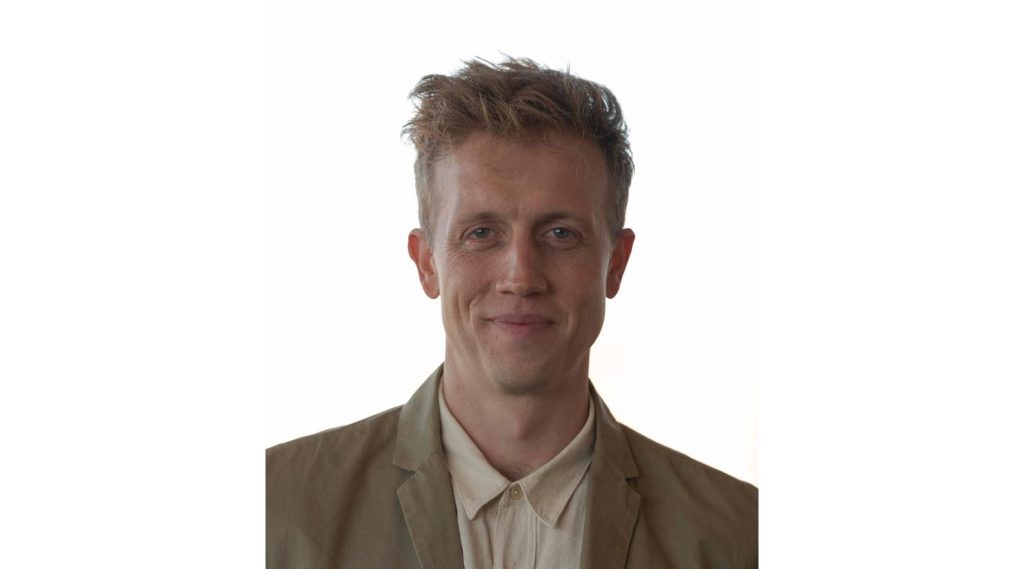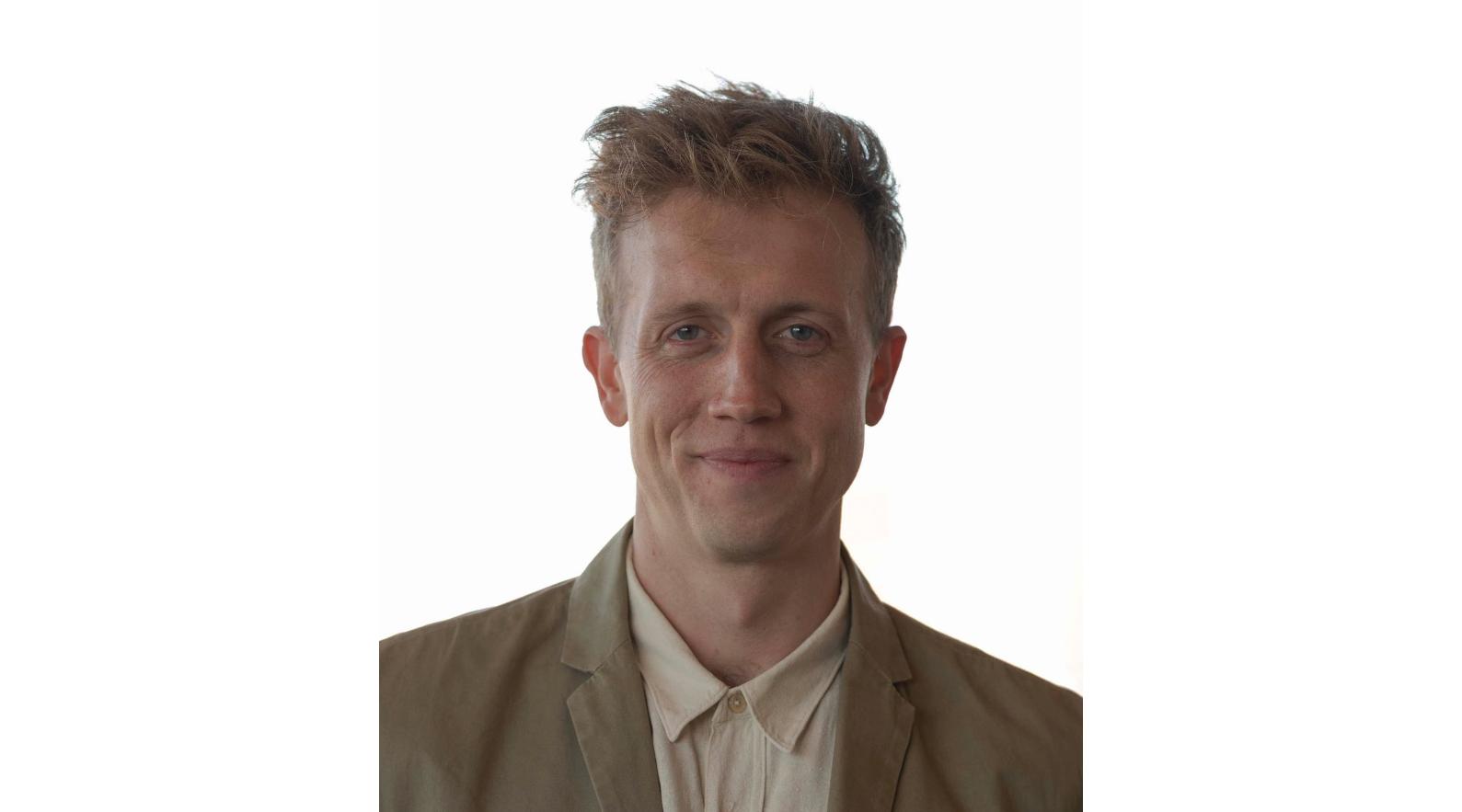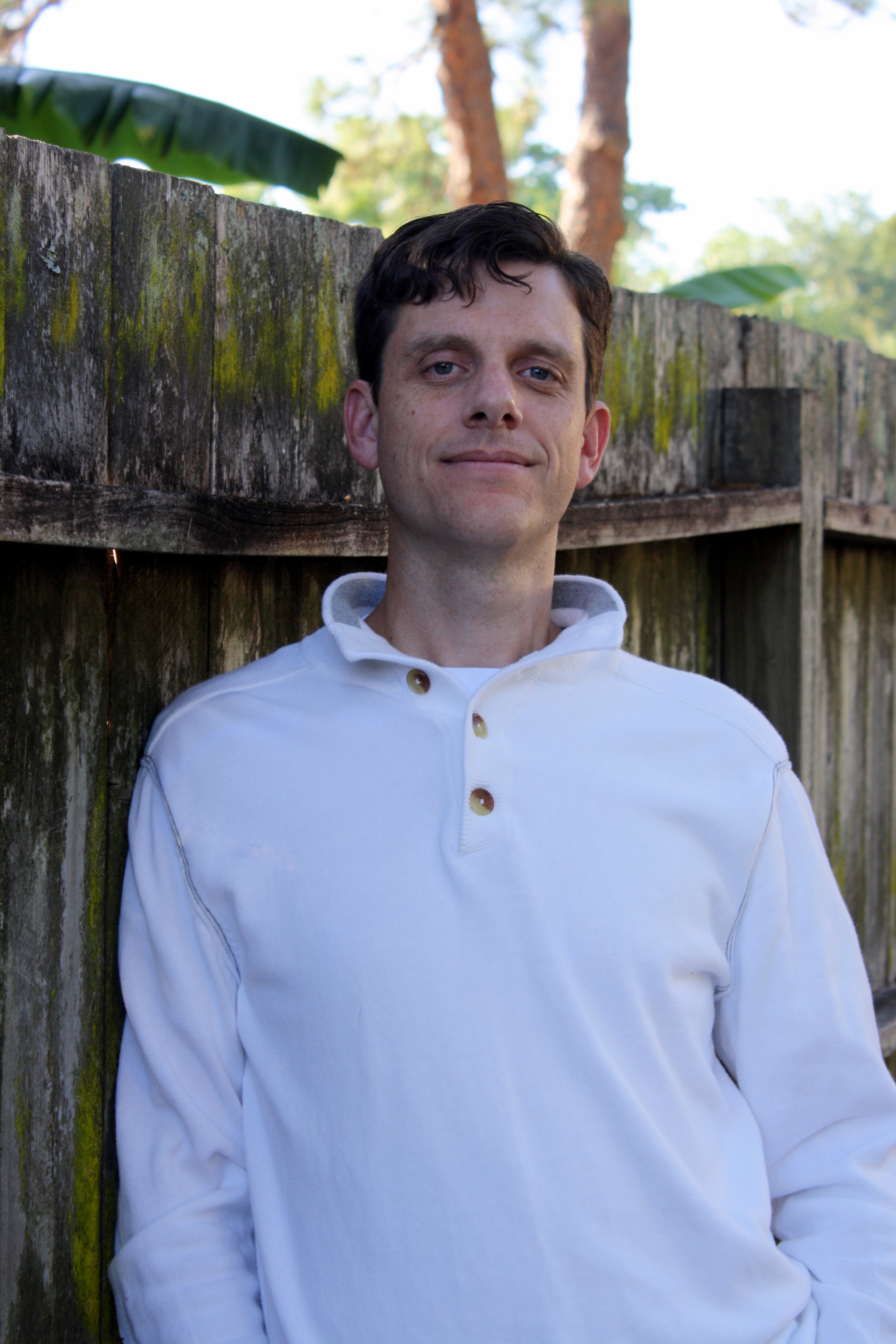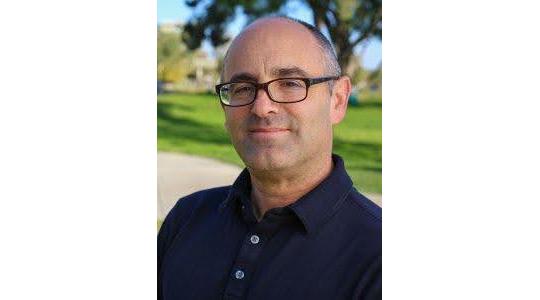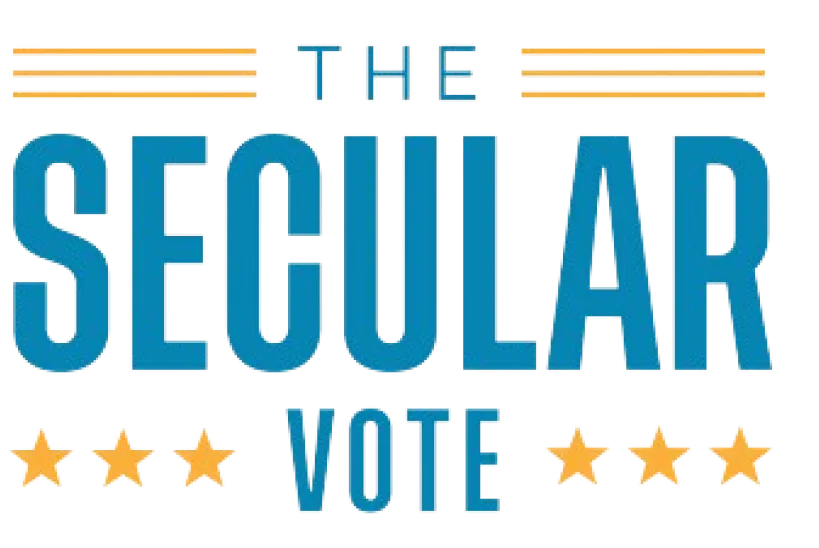
Dr. Joseph Blankholm is Associate Professor of Religious Studies at the University of California, Santa Barbara. His research focuses on secularism and the variety among the nonreligious, including atheism and spirituality. Blankholm is the author of The Secular Paradox: On the Religiosity of the Not Religious (NYU Press 2022), and he is currently writing a second book, under contract with W.W. Norton, tentatively titled, Not Nothing: Who the Nonreligious Are and Why They Matter.
Joseph Blankholm is Associate Professor of Religious Studies at the University of California, Santa Barbara. He is the author of The Secular Paradox: On the Religiosity of the Not Religious (NYU Press 2022), an ethnographic study of organized nonbelievers and secular activists in the United States. He has written numerous chapters and articles on secularism, atheism, and the separation of church and state.
In 2021, he fielded the largest survey ever of organized nonbelievers in the U.S. (n=12,370). His latest research, which was funded by a $2.8m grant from the John Templeton Foundation, looks at the variety of beliefs and practices among the nonreligious, including those who are spiritual. The project continues the Longitudinal Study of Generations, which has surveyed and interviewed a set of 357 families since 1970.
This latest wave of the study reached the fifth-generation descendants for the first time. Blankholm is currently writing a second book, under contract with W.W. Norton, tentatively titled Not Nothing: Who the Nonreligious Are and Why They Matter. He has been quoted in the Atlantic and for NPR Marketplace, and he has been interviewed on KCRW, an NPR affiliate station. At UCSB, Blankholm teaches courses on religion and politics, religion and popular culture, spirituality, atheism, and contemporary American religion, as well as a course on religion and technology that takes place in virtual reality. He also works as an expert witness in cases involving defendants on death row.
Areas of expertise
Religion and Politics, Spirituality, Nonreligion, Atheism, Secularism, Separation of Church and State, Religion in the United States, American Religious History

